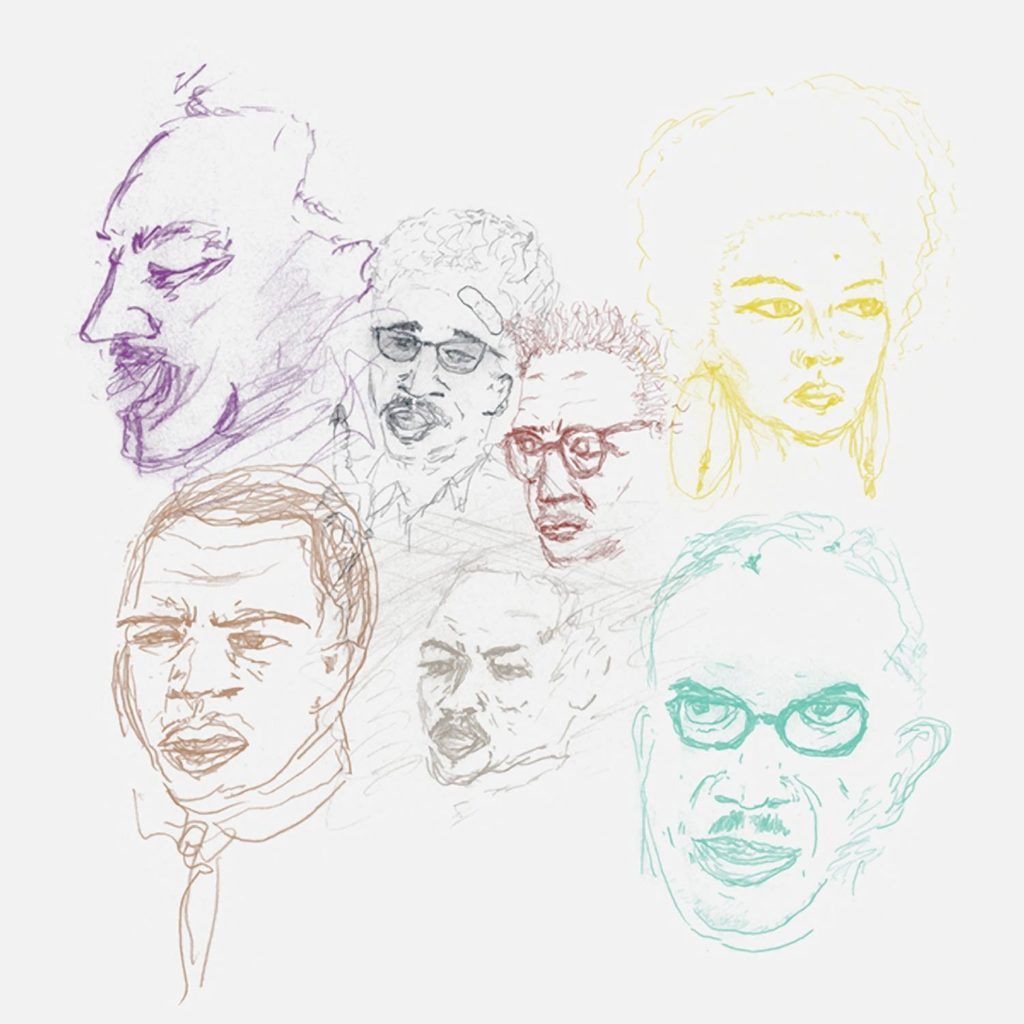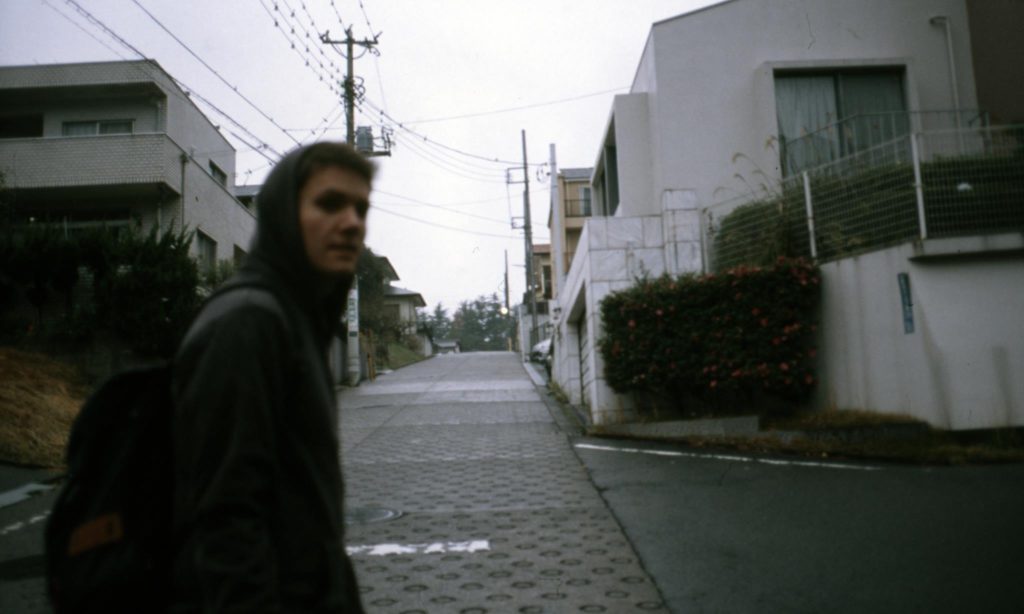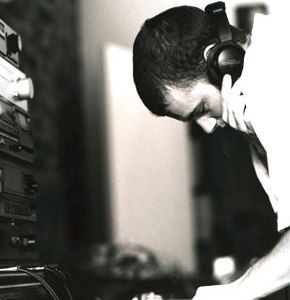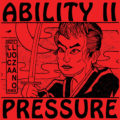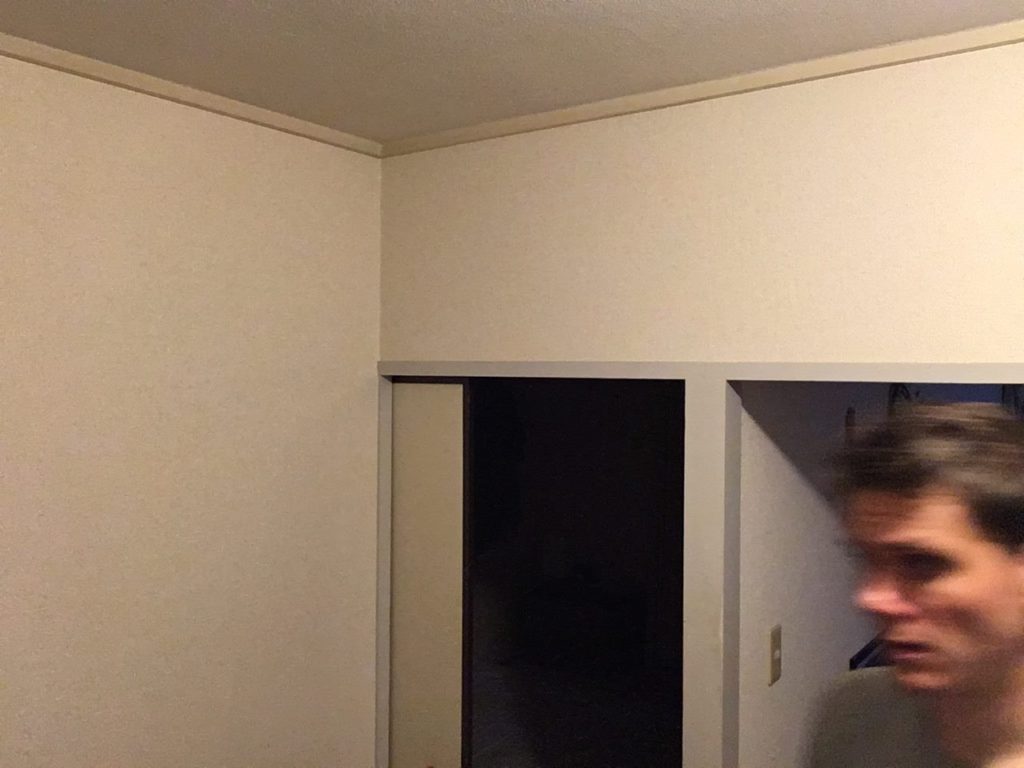
Will Long’s discography is that of a prolific producer, but also someone who considers the release of projects as momentary diary entries
Not part of the scheduled programming that adheres to strategic market “timing” many labels consider important in their need for profitability, his music is articulate in its emotional nature and will require the listener to sit and be patient, to find meaning in the detailed texture of soft loops, many of which go on for hours. Based in Japan, Long has operated under several aliases, most notably Celer, and since 2013 part of the pop band Oh, Yoko alongside his wife and music partner, Miko. Last year saw his foray into deep house with Long Trax, a stripped-to-the-bone long play expressing the ever-present realities of civil rights in America, each track reworked by DJ Sprinkles aka Terre Thaemlitz for her label Comatonse Recordings.
Henry Murray put these questions to him. Here’s what he had to say:
So first off, I know that several years ago, you were moving around a lot, living at home with family etc, and now you seemed to have settled in Japan – how has that been?
“I like Japan. There are ups and downs just like everywhere else, but overall I’m much more content as a resident in my daily life here than I was in other places. There are plenty of aspects of Japanese culture that I can’t adapt to, but it’s no different than how I felt about American culture after living there for 30 years. It’s all the same, but the different aspects in relation to your own life can be better in some places over others.”
The most difficult part is trying to find a way to survive and produce the kind of music while having the presentation that you want according to the pressures and restrictions of conforming to either what everyone else does or what rules are set by the standards set by the music industry. Sure, things have become more independent in many ways, and anyone can easily make and publish their own music, but with that freedom comes many negative aspects that leave artists vulnerable to the necessity of going against what they may otherwise do or facing the threat of being obliterated or disappearing entirely because they don’t jump on the wagon too – despite whatever sacrifices they have to make.
I know from a few past interviews, that making music solo since 2009 has been a difficult process for you. Where does Long Trax (Comatonse Recordings) fit in, did you start out with the concept in mind?
Trying to do what you want and present it in the way you want is always increasingly difficult, whether it is because of sales, format, or other reasons. Terre Thaemlitz really gave me the initial encouragement to make Long Trax. I’ve always liked house and rhythm music, but the opportunity didn’t really come in the past, or I wasn’t confident enough to do it. However in the last few years, things have changed, and my focus shifted. When I started Celer I didn’t care about much else other than love and sleeping. Now, the process of focusing on a different aspect through music is important to me, as a way to release things feelings out of myself, and come to terms with processing these subjects (politically and emotionally) for myself. Musically, of course I like synths, samplers, and rhythm machines. The actual process of making it didn’t last so long – I usually make about one track per month, so it came along fairly quickly once I decided how to go about doing it.”
You’ve been self-releasing music – mostly ambient – under a number of aliases and groups for over ten years now. What also prompted your foray into deep house then?
“It was a combination of just wanting to make music with a social and political focus, but also of wanting to push beyond the restrictions of ambient and experimental music, as well as to go the opposite direction of experimental music and instead find structure. Particularly ambient music, while it does serve many purposes, anything remotely political seems to me to be so easily lost or ignored. People aren’t listening for that reason. I appreciate the ease of ambient music to create stories combined with the freedom to make it how you like it, but it also becomes very difficult to connect to people because it’s so self-involved. I want people to hear my house music and feel different emotions, whether they think it’s beautiful, or if it makes them angry or uncomfortable, or say “Yeah, that’s right!” People always say about ambient music “Oh, that was so beautiful”, which I appreciate, and that is important, but I’d probably think of it differently. Funny enough, people seem for the most part to react to the house music in the same way.”
Do you think that music is generally quite a limited format for very non-generic, non-industry-adhering content?
“I think it’s possible to achieve, but definitely difficult. I can’t do it myself, but I think Sprinkles’ shows how it can be done. Music is a really terrible format for trying to instigate any kind of action. I appreciate the limitations, and the ability for direct expression, but I think the idea is more progressive and expectant than the production of results or change because of it, for the most part. Even if you look at the history of music in connection with historical events, there are definite moments when music was the clear “soundtrack” for an event, change, or social movement – but this is different from being an actual instigator. That music provided a soundtrack, and if anything it simply tapped into that moment as a supporting factor. It’s hard for me to believe that any of it actually changed anything that wasn’t already happening, though. Therefore I think if we’re making music and hoping it will actually change something or someone, we’re making the wrong thing. Paul Robeson was a singer but his speeches, not his songs are responsible for more action and change, even though the songs are remembered, and his speeches are generally not.”
Was the process for this record – it being dancefloor related – different to your normal approach, does it sort of represent a break for you?
“It was different in some ways just in relation to the instruments I used. I’m not much of an improviser and using midi is a very mechanical process, but I also enjoy that aspect of it. I appreciate the contrasts between house and ambient, particularly because of the structure of house, and being able to be part of something. Sonically and contextually, I think there’s probably more in common than there is that is different. The context is more direct, but so is the instrumentation. It’s just a way to focus on a more narrow range than with ambient or experimental music, and having that focus means a lot for the construction as well. It seems like something that was necessary, and not just for myself.”
How directly political has any of your previous work been, in relation to this latest work?
“I’ve always been very political regarding my views, but it hasn’t always been easy to incorporate that into music. It can be done, but I find it harder to communicate through it, and it seems very distant to listeners. It’s hard to inspire someone to act and relax at the same time. However, I’ve had many of the same responses to the house music that I had to ambient, so people will always interpret it in their own way no matter what you say, and there’s nothing wrong with that. It’s impossible to control everything, and you can only say it in the best way you possibly can, and see where it develops from there. Everyone comes from a different background, and not everyone sees everything the same way I do.”
Are there other subjects that you’d like to explore that you perhaps haven’t with Celer? I think many of the themes translate fantastically to a functional format (like in Generic City)…
“There’s always something. The music with Celer is a much less-specific personal diary, so it depends on parts of my life that seem appropriate or need expression. It doesn’t always fit, and sometimes it’s too personal, but as usual I don’t plan too much, and just create as the inspiration comes. The more-constructed albums I made in the past (Generic City, for example) were much more construction than they were personal, so even though the makeup may return in similar forms, I think I need to make deeper connections with the story. As I get older, all these things of life seem to feel much more fragile, as if it could all disappear at any moment – especially when you feel true happiness, and those are the kind of moments I want to keep, even if they eventually disappear.”
You’ve worked with Terre Thaemlitz before on the Oh Yoko record, Seashore. When did you first meet?
“We met over email when I was still living in California. Coincidentally, we ended up both living in Tokyo, and eventually very nearby, so it was convenient to hang out. Terre has been a huge help to me just as being a friend in Japan from a similar background, and as an encouragement in music and an artist with more experience in the business and scene than myself.”
The state of politics has, shall we say, moved on very slightly since the release of this record. When did you start the project?
“I think I started my first track for Long Trax in January of 2015. I think it’s really easy to look at the time the record was made, and then see how things seemed to have changed directly after it was released and think there is some connection, but I think it is really pure coincidence. Honestly, I don’t think the issue is that things changed as much as they had really been the same all along – they only became more obvious and apparent. After all, most of these people I’ve sampled, as you said, are from 50 years ago or more – some, like Jesse Jackson are more recent, but it shows to me how these same problems have been issues all along, and haven’t really changed all that much. I mean, any of them really could have been speaking about issues occurring in this year, too, if people could have spoken loudly enough to be heard over the rest of the noise.
At the time had you made any space within the content of the record of the foreboding election results? Or is it mostly a record that is referential to the civil rights movement and how its legacy (or lack thereof) resonates today?
I agree that the legacy of the civil rights movement which is largely placed in the time period of the 1960’s, but began far before that, never really ended instead was suppressed, compromised, or lost its energy – therefore it’s thought of as something of the past. Like you say, the ‘legacy’ is almost nonexistent. These were solutions or attempts to introduce problems to people for solutions, but all ultimately failed. I think that in a way, it should tell us something about our current situation, which seems to me that it repeats (with less ferocity) the same attempts of the ‘civil rights era’, but which will be ultimately drowned out. The message remains clear and completely valid, but the path to actually changing anything is more complicated. And I think we can see by these examples that simply stating change or having a group of followers that support ideas yet have little functional power won’t lead anywhere easily.
It isn’t saying that we should give up on these ideas, but rather to realize that the problems still exist, and that what has been done in the past didn’t change things enough for the better. I don’t say that I have solutions to these problems, but understanding the limits of possibility and how to break through those limits is one of the major steps. It doesn’t matter how many people show up for a march if nothing really changes because of it. People just go to work the next day, and that’s it. I mean, isn’t that what just happened?”
How has living in Japan – if at all – changed the way you relate to the US’s inner politics, has it changed your perception at all?
“It absolutely changes it. When you live in the US you’re completely surrounded by it, and by people’s confrontational viewpoints. It was always a difficult place for me to be, not only because I didn’t fit into a common group (or party, if you have to use the term), but also because it’s a confusing and detrimental environment if you have oppositional views, in a way that it can be isolating. It’s not so different in Japan, except that people don’t really talk about politics as much, and if they don’t like you, they just ignore you. It can be cold, but it’s still better than constant confrontation. Another trap of living in the US is the media, and how it seems to make you feel like the only viewpoint to see is what they’re reporting on. Which direction do you look in? Obviously many people realize this, and end up picking one side or the other, which seems to me to add to polarization, with an inability to see across lines or define what is really true and what isn’t. From abroad, it’s much easier to see what a mess it is, even though the international media is no different.”
How much – if at all – do you follow social issues in Japan?
“I do keep up with things here in Japan, but it’s easy to feel like a permanent outsider as well. I won’t ever be able to vote, and even protesting puts my name at the top of dissenters, and nothing about that will help me to get a better visa to live here. So, it’s easy to feel very helpless and vulnerable. Despite that, Japan has many problems, from high suicide rates and an aversion to mental help, to institutionalized prejudice against non-Japanese, to the unequal roles of men and women. As crazy as it seems in many ways so many things about it are very traditional, old, and conservative. While that’s a big problem for me in many ways, as I mentioned before, it’s typically not as confrontational as places like the US. However, the coldness of it can go really deep sometimes.”
What is the relationship between a minimal production style and its political contents?
“I’m not sure if the production style was meant to connect with the political contents, rather it’s my regression to an admiration of early, stripped house music, or trying to find the real soul of the instruments. You can read however many vintage synth sites talking about these instruments and they only talk about most of the instruments as “cheap” or “thin” sounding… yet it seemed funny to me how many people came back to me talking about how “warm” and “pure” they sounded on the album. It’s the same thing! That’s what I wanted to capture. The heart of it. But you’re totally right about the “progress” of it all. Even using the word progress can be deceptive, because it assumes that any situation that is for an objective good automatically goes in a positive direction.”
How has the record changed for you since last year?
“I think the pressure for a follow-up became more difficult, because if anything, the developments have become more loud and apparent – forced out in the open, as opposed to before during the Obama period when people seem to think of the world or country being so progressive when it really wasn’t in the first place! Now, it needs to be even more clear and in-your-face, but that should also be a part of the natural evolution of the process. If it stays in the same semi-obscure area, then it will end up restarting over and over, and never moving past an admission of perpetual failure. I think there is change to be found, but it won’t be found easily. Nothing worthwhile is easy.”

